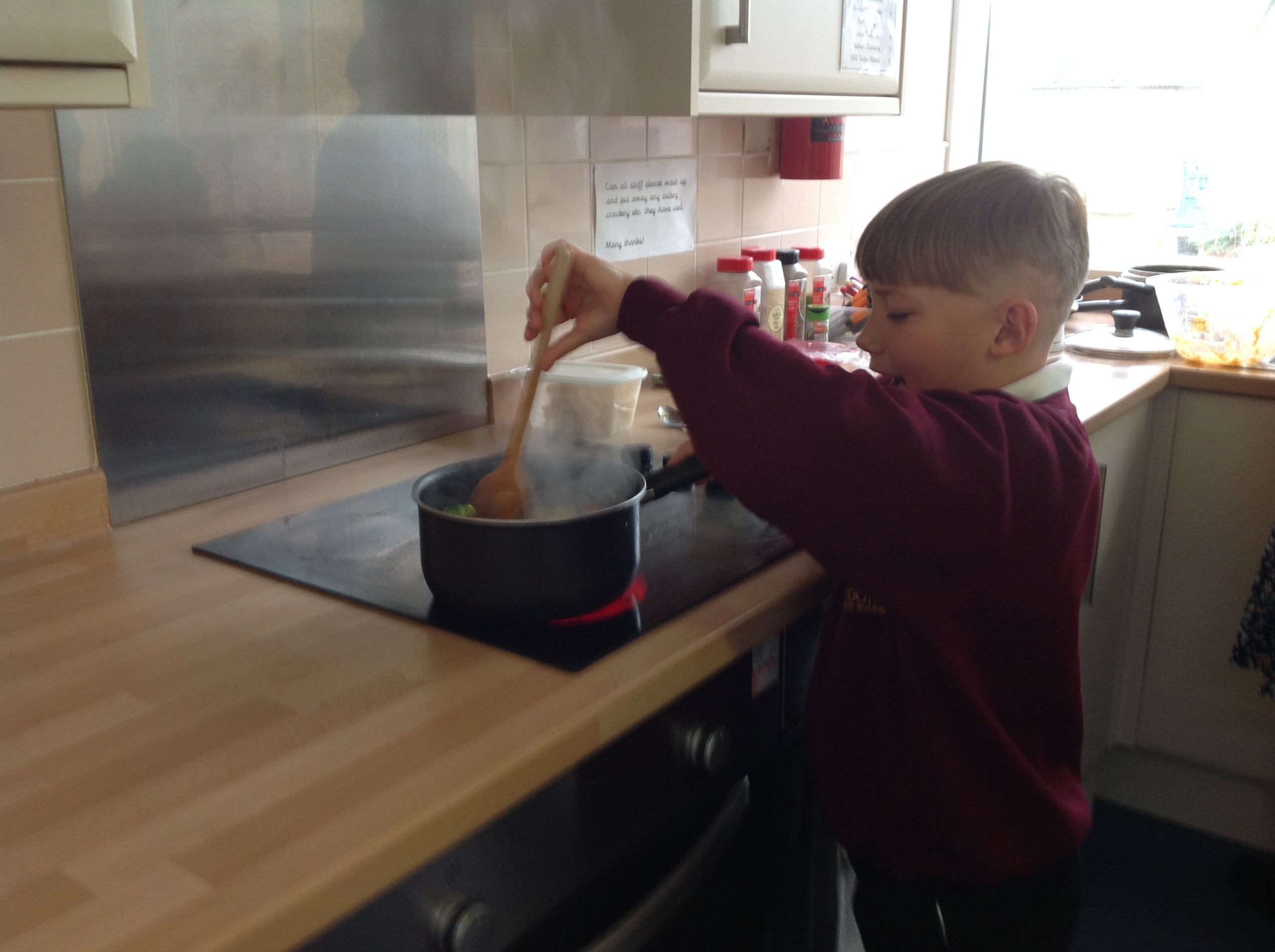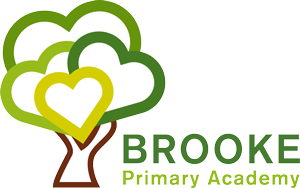
A Venn Academy Trust School
– Together we will…
Venn is a pioneering academy trust, committed to building educational environments where all pupils are inspired to become lifelong learners who achieve the very highest standards possible.
Collaborating with all partners, the Trust works with its unique settings to create world class learning experiences for all.

D&T
Vision for Design and Technology
Children at Brooke Primary Academy will use creativity and imagination to design and make products that solve real and relevant problems considering their own and others’ needs during Design and Technology projects. Children will use their Mathematics, Science, Engineering, Computing and Art knowledge.
Ambition
Design and Technology (D&T) brings learning to life. It allows children to create products following the design process, planning, creating and making innovative products that they can see, touch and even taste for themselves. This in turn creates a real sense of pride and achievement in their work.
At Brooke Primary Academy we believe that Design and Technology encourages our pupils to develop problem-solving skills, both individually and as part of a team. It encourages resilience and the idea of perseverance as well as introducing practical skills with an understanding of aesthetic, social and sustainable issues.
Implementation
Design Technology at Brooke Primary Academy is taught every term to allow pupils the chance to immerse themselves in a project. Lessons develop new, often practical skills that will be beneficial to pupils both now and later in their lives.
During their Design and Technology lessons pupils will learn how to take risks in a safe environment and how to respond when challenges arise. Children will develop their skills as independent learners thanks to the problem-solving nature of this subject. We also encourage pupils to be reflective learners, celebrating their successes and reviewing where improvements can be made to products.
Impact
At the end of their time here at Brooke Primary Academy we expect our children will be able to:
- Have developed practical skills required to successfully create products
- Produce detailed plans that help them during the making process
- Test and evaluate their own work and the work of others, making improvements when necessary to ensure that products are fit for purpose
- Understand nutrition and know how to cook simple meals
Finally, we hope that D&T will instil in our children a lasting confidence to try things and experiment.
Further information and resources
BBC bitesize https://www.bbc.co.uk/bitesize/subjects/zb9d7ty
BBC bitesize ks2 https://www.bbc.co.uk/bitesize/subjects/zyr9wmn
Topmarks design technology https://www.topmarks.co.uk/Search.aspx?Subject=7
Fun kids live design technology https://www.funkidslive.com/learn/design-technology/#

Support for SEND: The school effectively identifies and supports pupils with special educational needs and/or disabilities (SEND), involving parents in the assessment process and adapting lessons to help these pupils build new knowledge.

Early Years Provision: The early years setting promotes positive relationships and collaboration among children. Adults model effective communication and use assessment well to engage children in their learning.

Extracurricular Activities: There is a wide range of clubs available, such as football, rugby, forest school, and choir, which help develop pupils’ talents and interests.

Curriculum and Learning: The curriculum is well-considered, building on previous learning to deepen understanding. While assessment systems need improvement, the school’s overall approach helps in identifying and supporting pupils’ needs.

Overall Effectiveness: The school is rated “Good” in all categories, including quality of education, behaviour and attitudes, personal development, leadership and management, and early years provision.

School Environment: The academy is described as a warm and welcoming place where pupils feel safe and happy. Respectful and positive relationships are central to the school’s environment.

Anti-Bullying: Pupils respect each other, believe in the school’s values, and feel confident that any issues, including bullying, would be resolved quickly by adults.

Reading and Phonics: The school is committed to ensuring all pupils learn to read. Effective training and support for teachers, along with appropriate reading materials and catch-up sessions, help pupils read accurately and confidently.

Promotion of Values: Pupils learn about diversity and British values through various activities and demonstrate positive attitudes and respect for others. The school also encourages community involvement, such as the choir singing in residential homes and helping at the local food bank.

High Expectations and Progress: The school sets high expectations for all pupils, which are being met. Parents appreciate the support and information provided by the staff and are pleased with the progress their children make.

Safeguarding: The school has effective safeguarding arrangements, creating an open and positive culture that prioritises pupils’ interests.

Positive Behaviour: Changes in how behaviour is managed have helped pupils reflect on their feelings and make better choices. This has resulted in positive behaviour during lessons and playtimes.

Governance and Leadership: Trustees and governors are skilled and committed, regularly visiting the school and maintaining an accurate picture of its operations to ensure continued improvement.
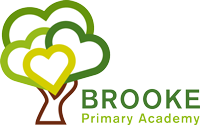
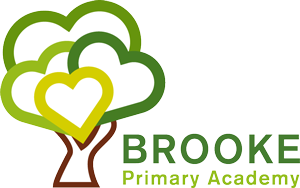
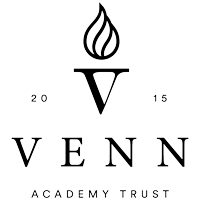
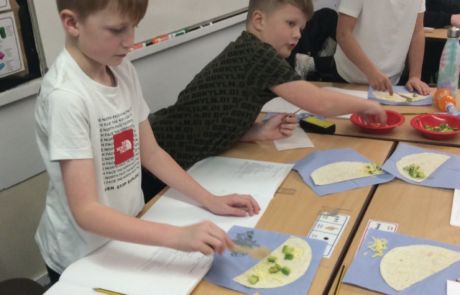
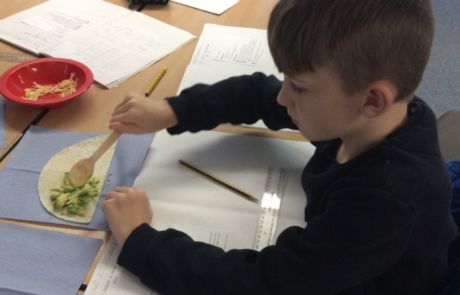
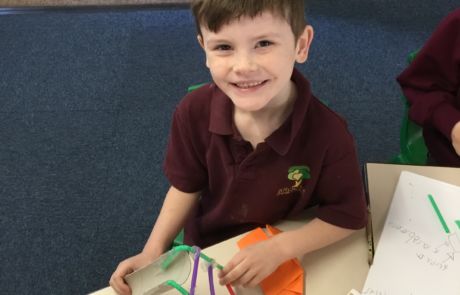
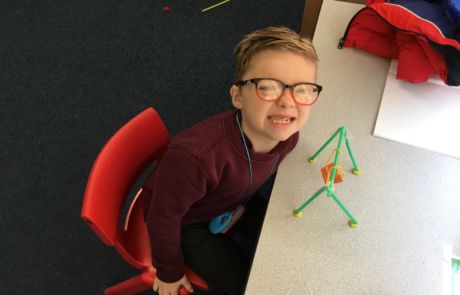
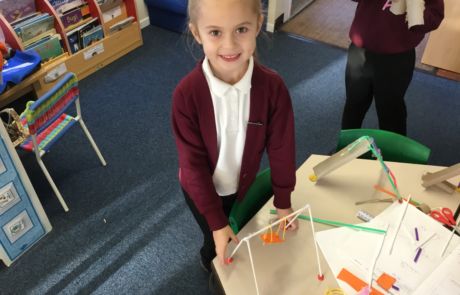
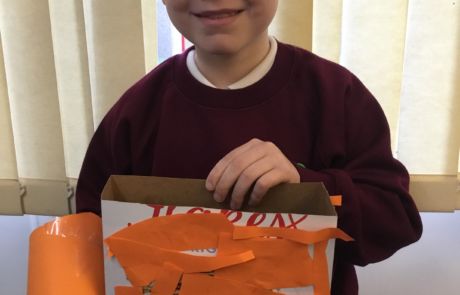
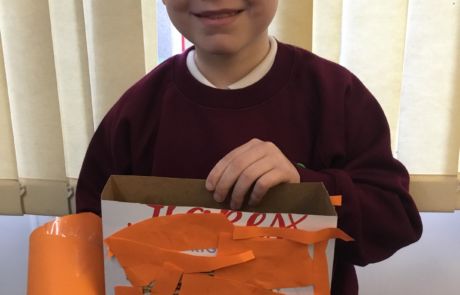
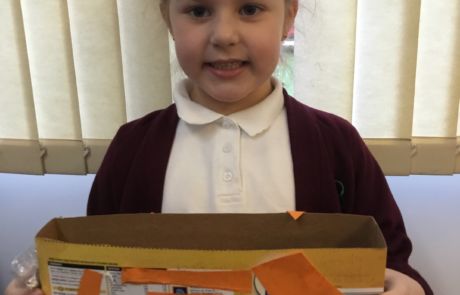
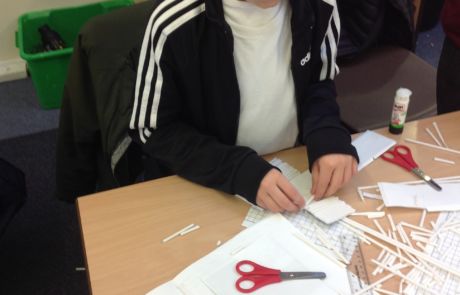
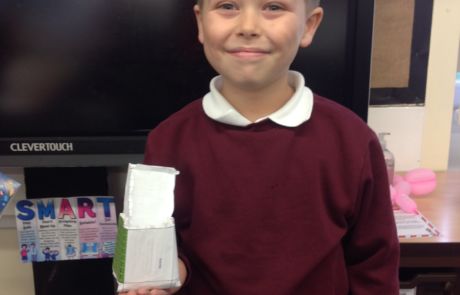
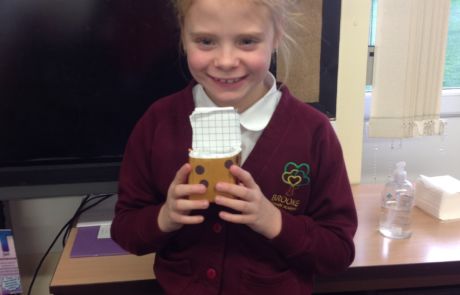
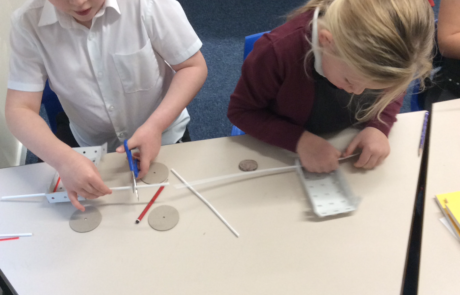
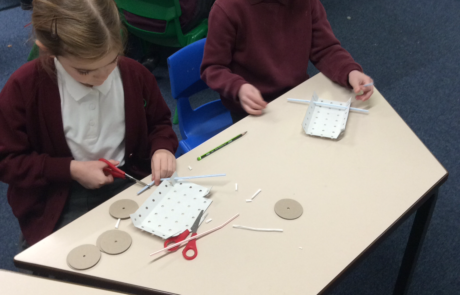
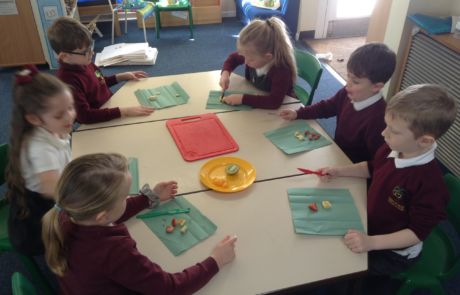
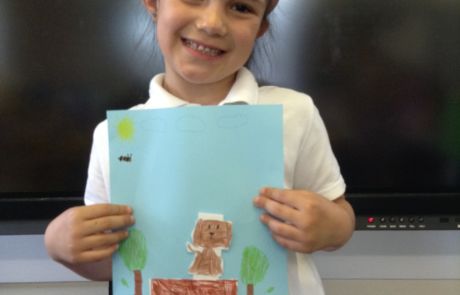
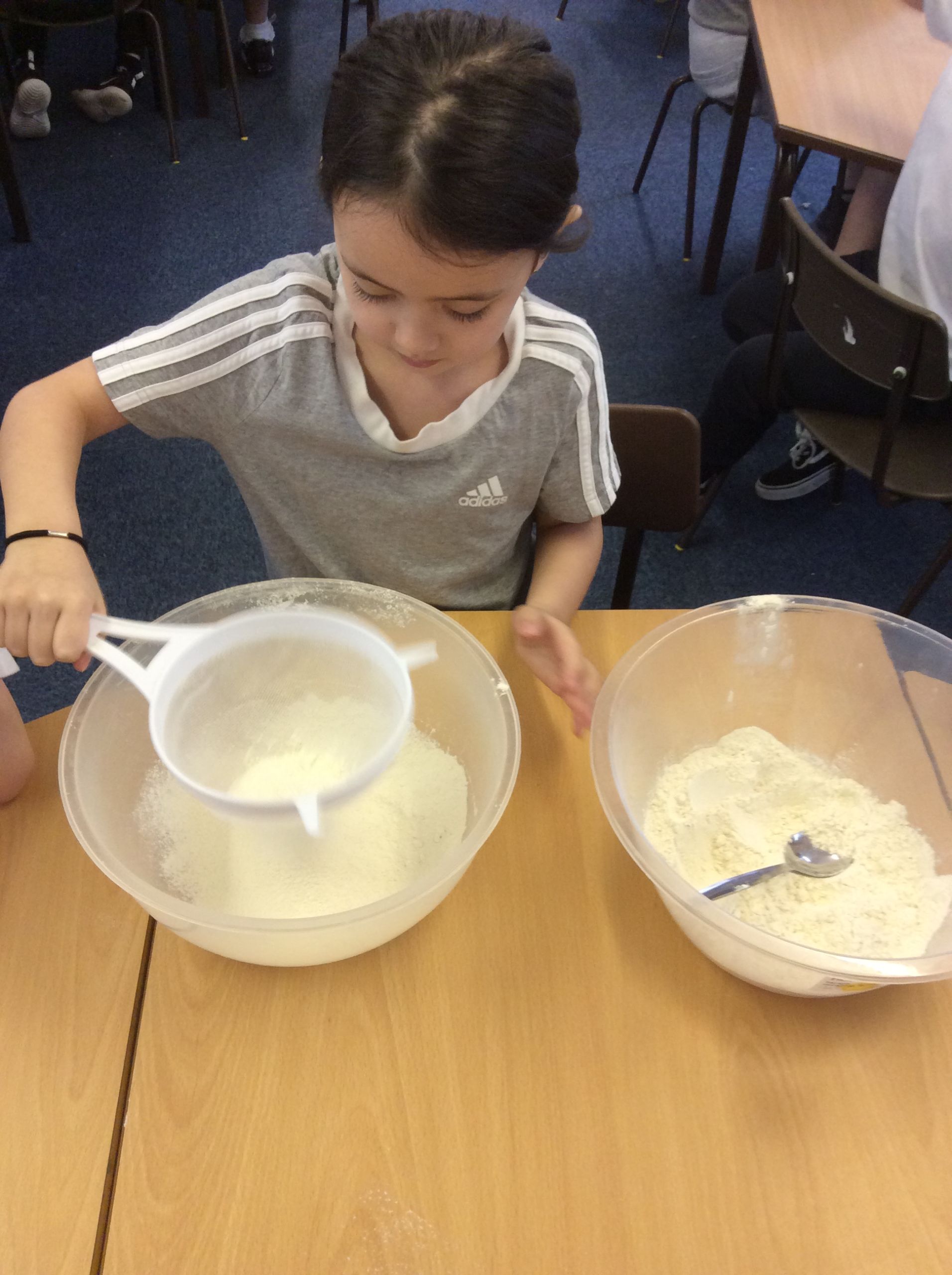
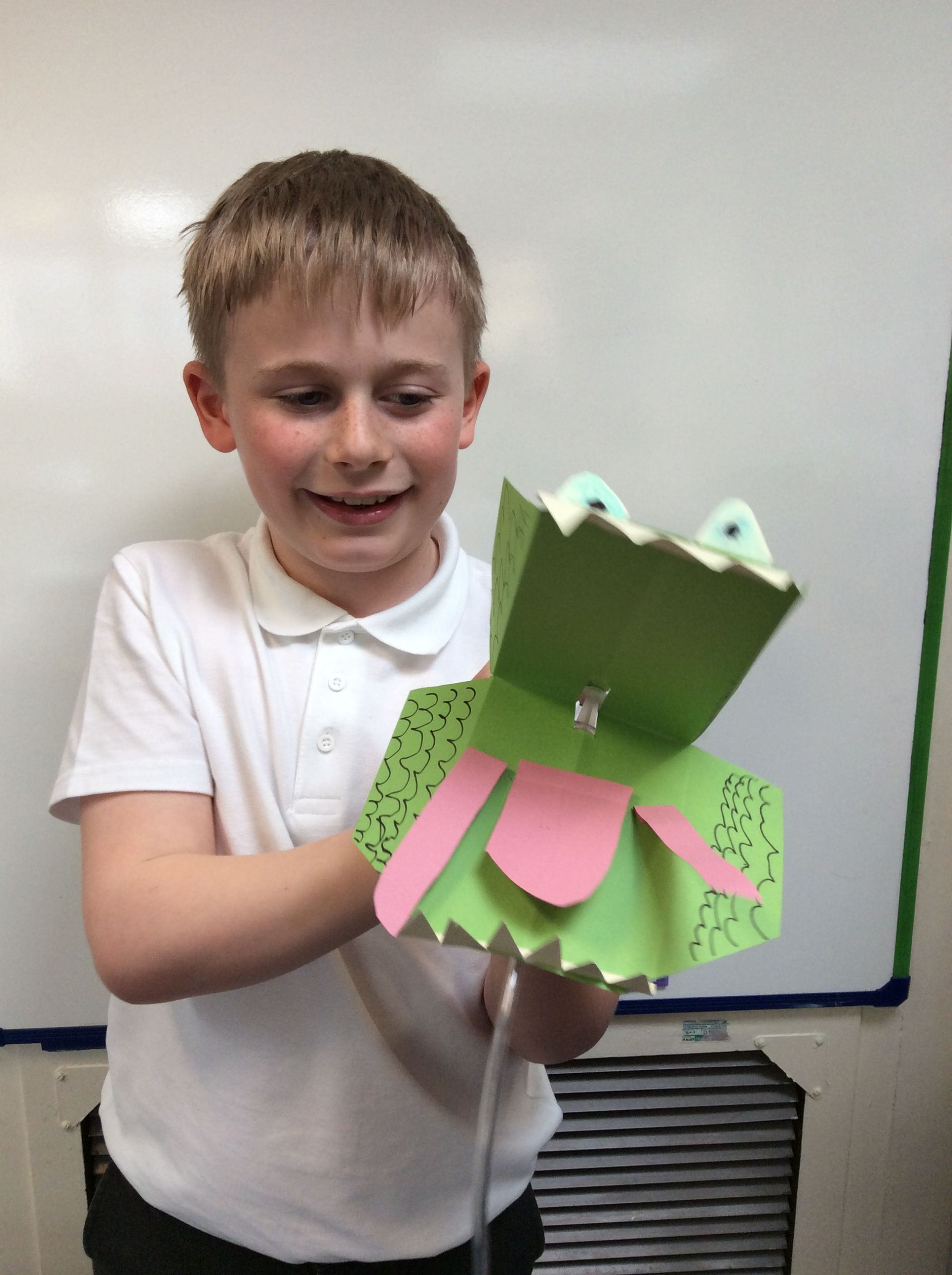
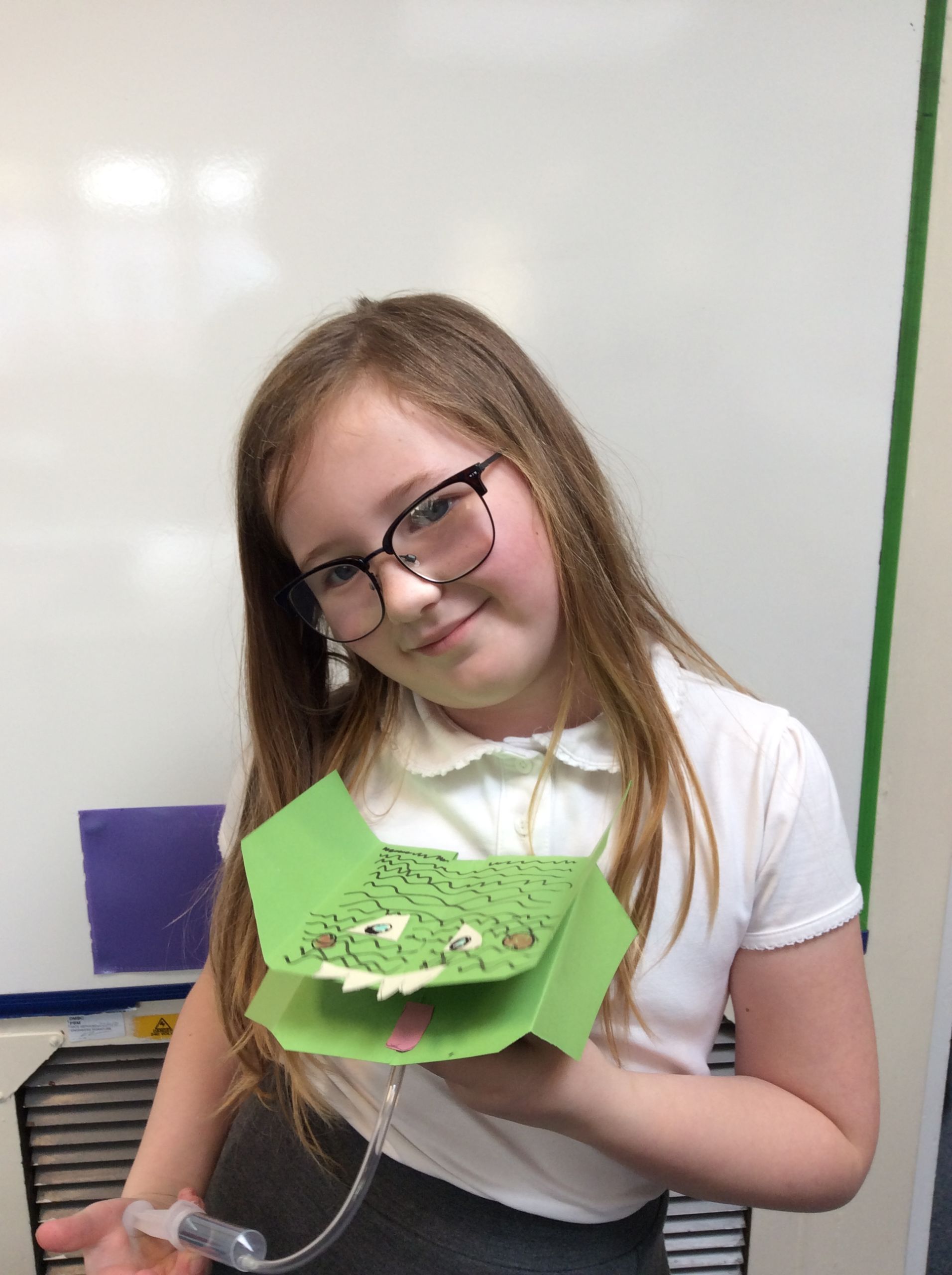
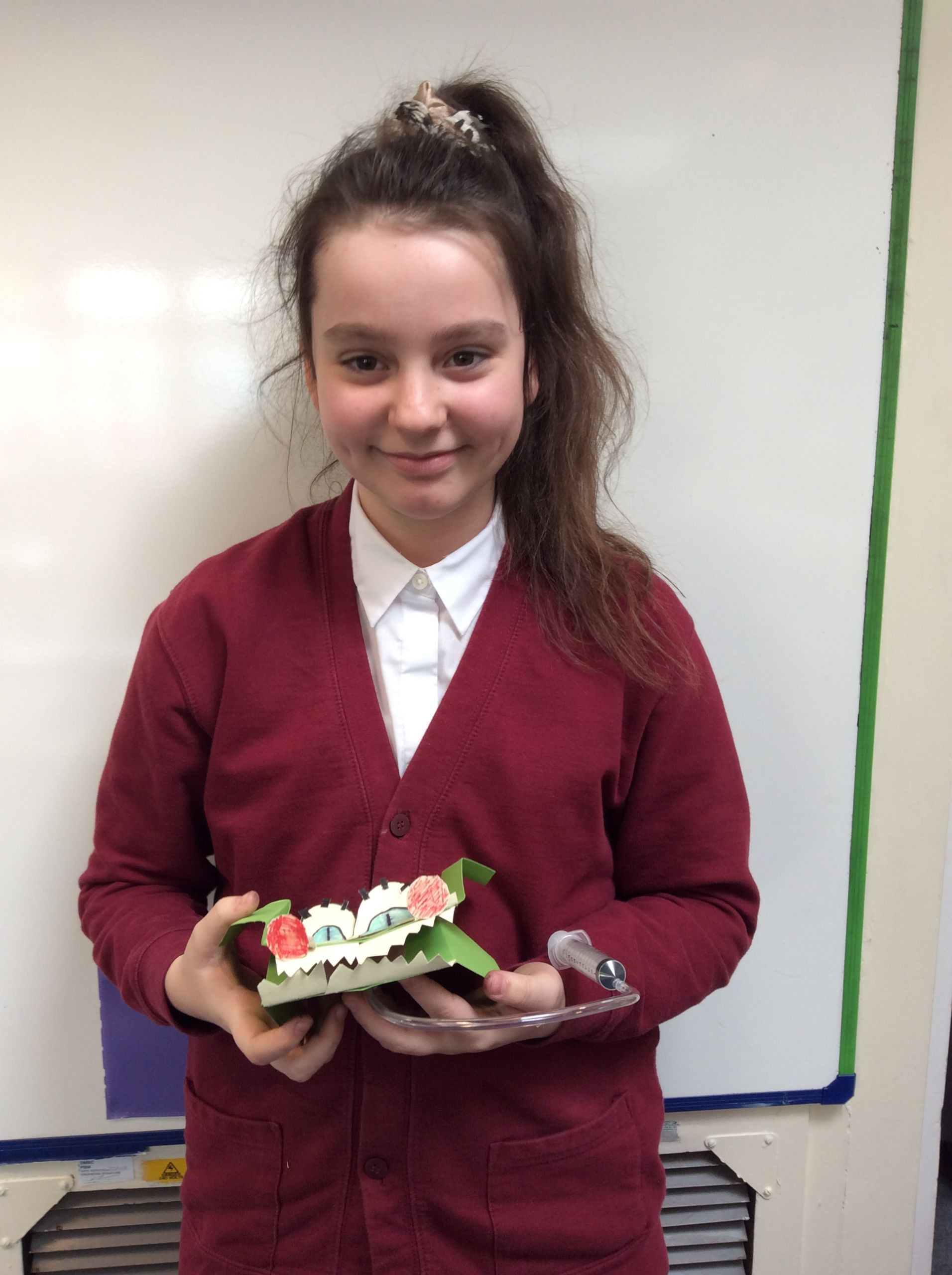
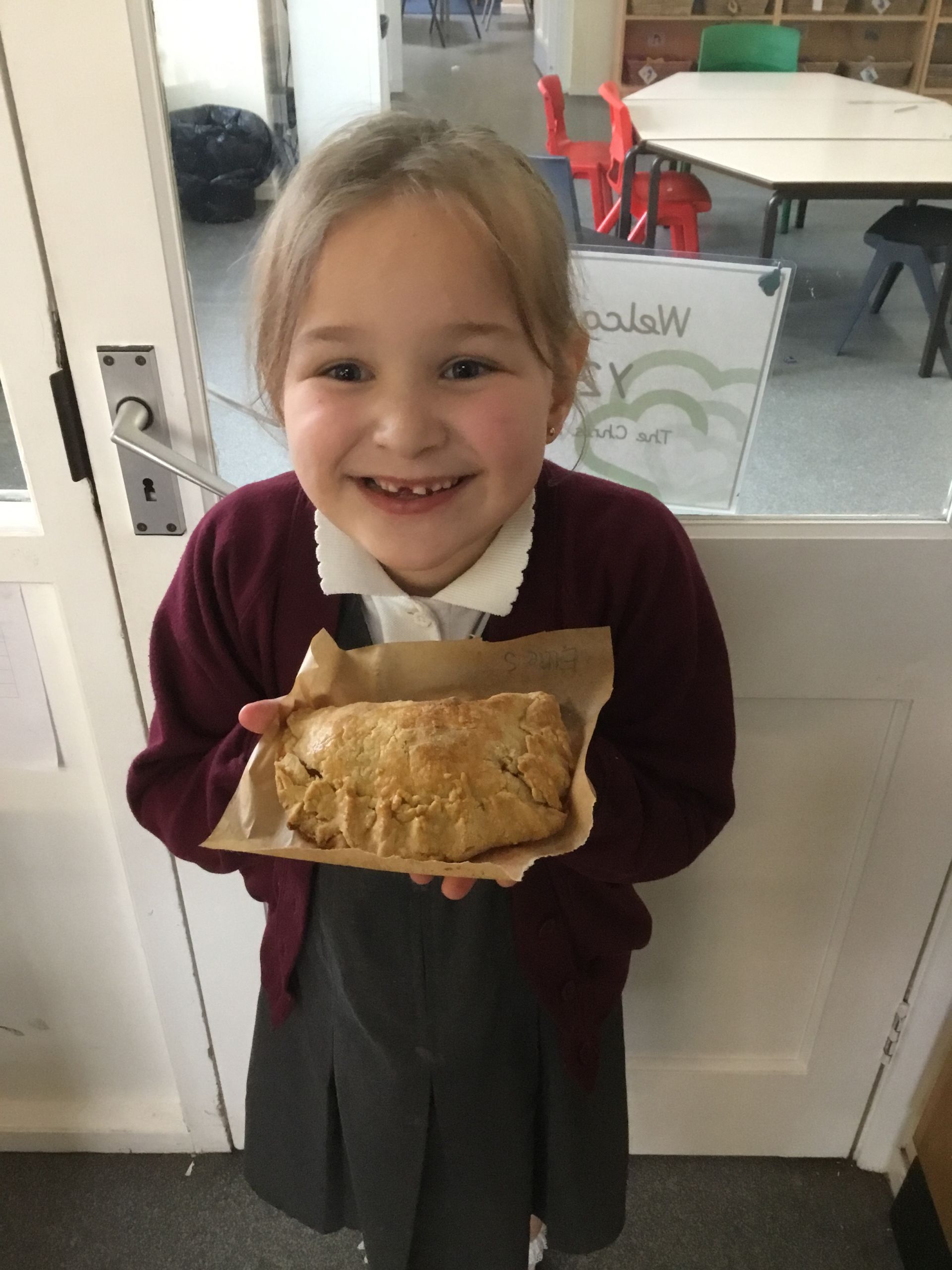
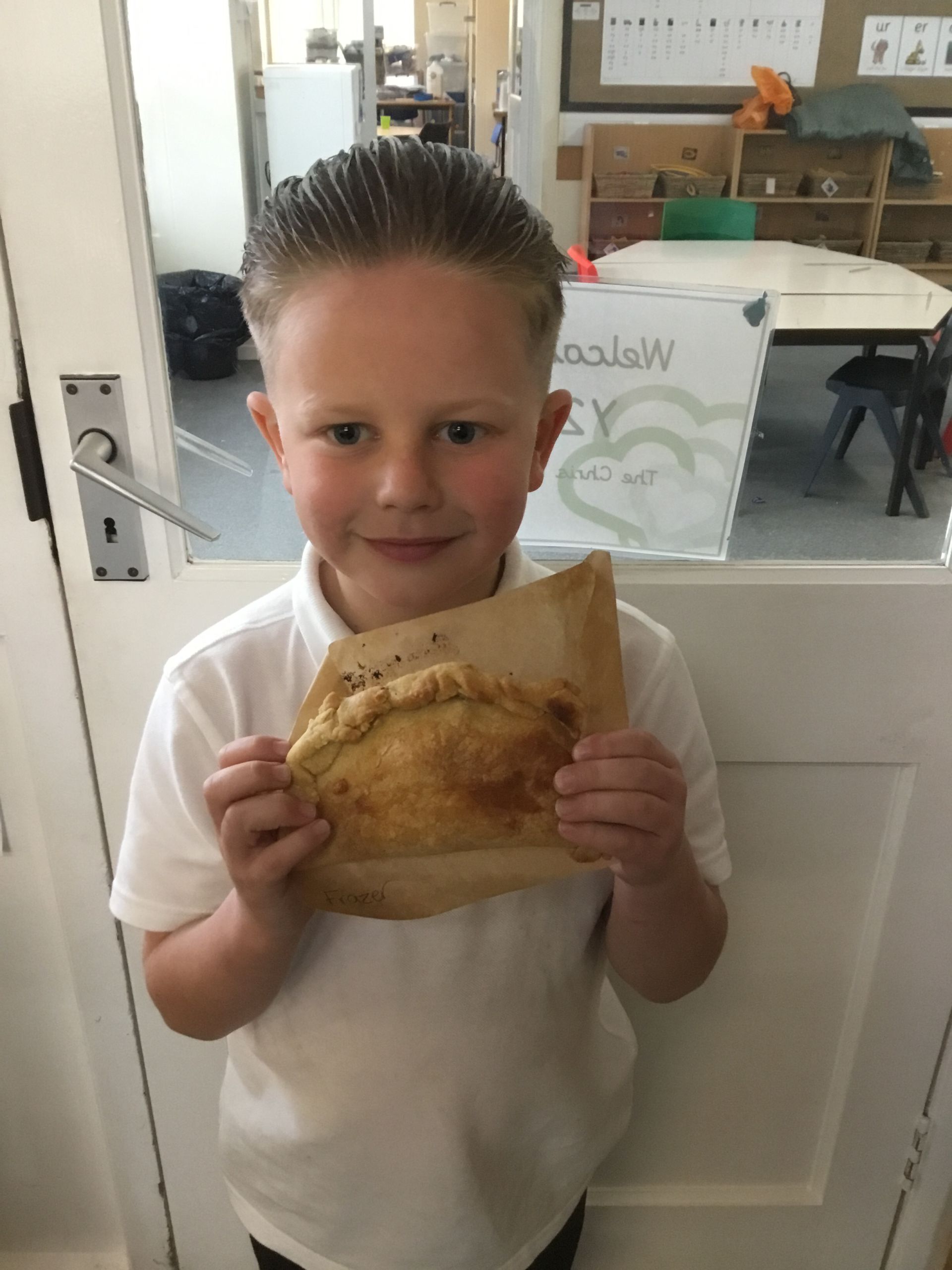

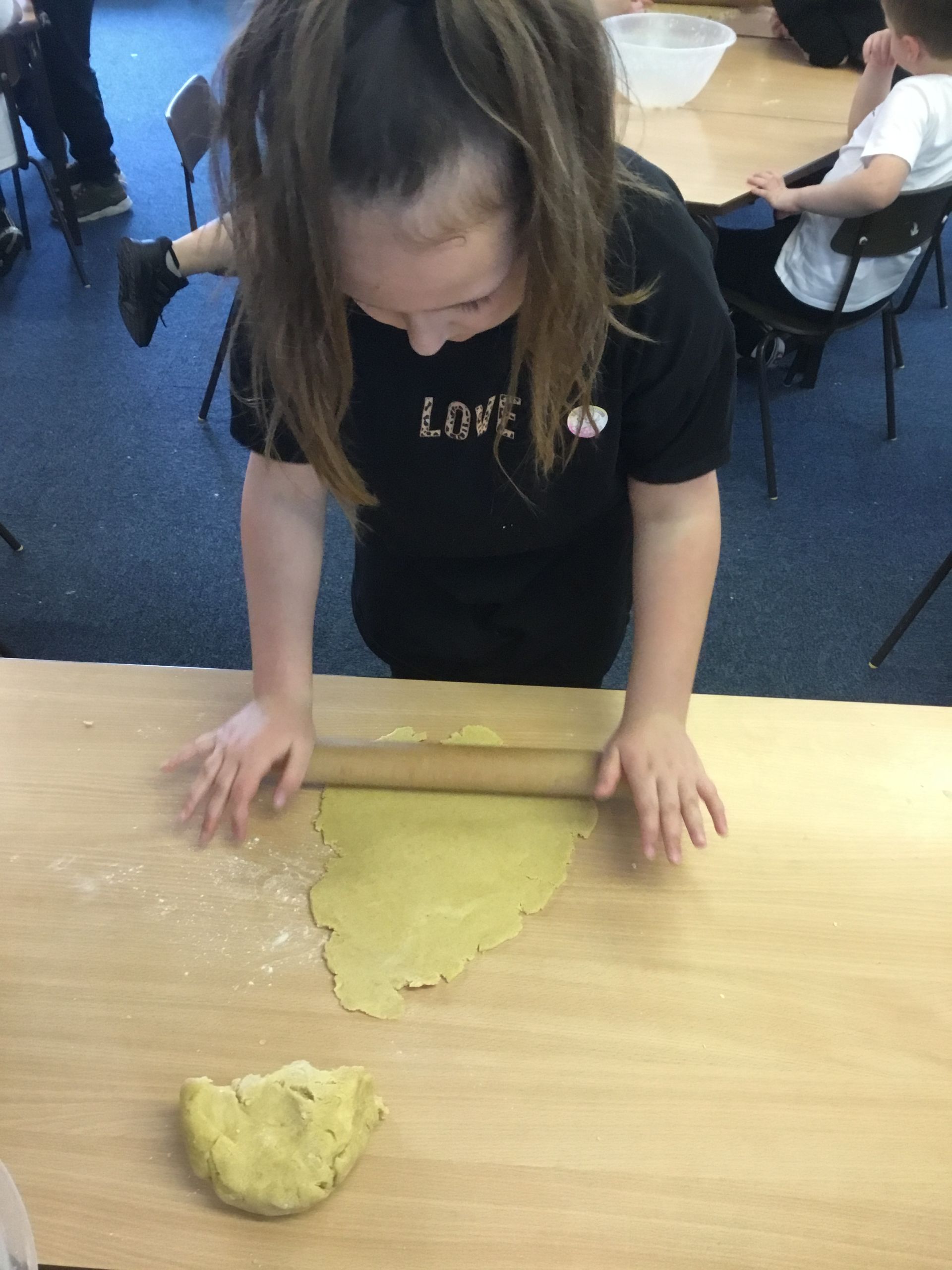

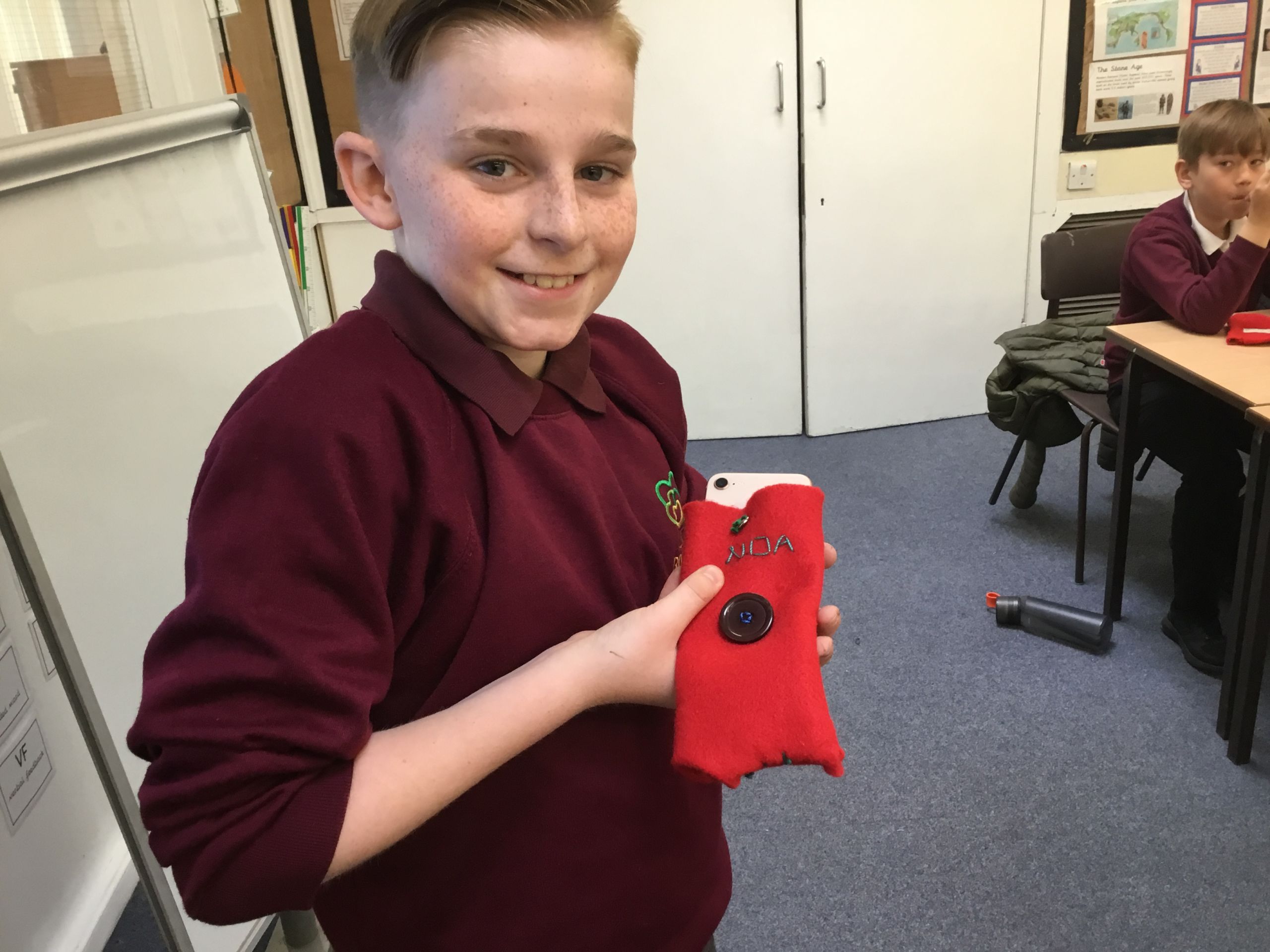
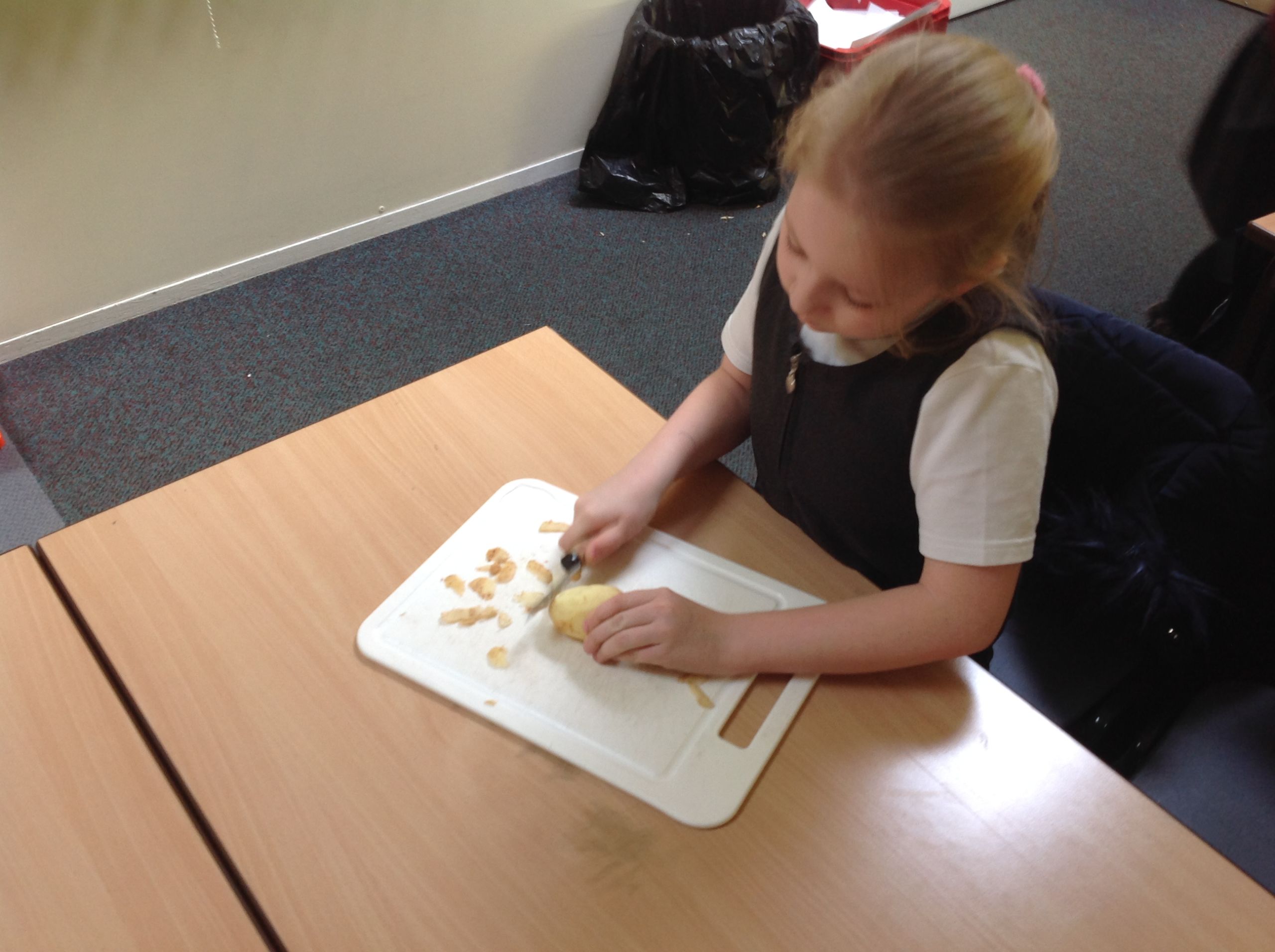
![IMG_0628[1]](https://brookeprimaryacademy.org.uk/wp-content/uploads/2022/05/IMG_06281-scaled.jpg)
![IMG_0631[1]](https://brookeprimaryacademy.org.uk/wp-content/uploads/2022/05/IMG_06311-scaled.jpg)

![IMG_0664[1]](https://brookeprimaryacademy.org.uk/wp-content/uploads/2022/05/IMG_06641-scaled.jpg)
